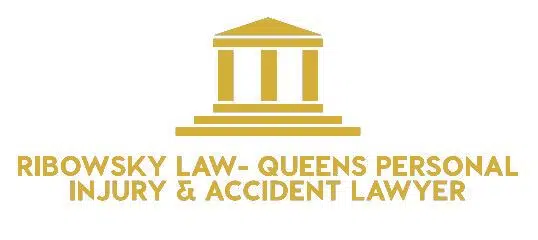In every state, there is an expectation that the general public behaves within a state established code of conduct thereby avoiding arbitrary risks in


In every state, there is an expectation that the general public behaves within a state established code of conduct thereby avoiding arbitrary risks in harming fellow citizens. Victims receive compensation for any losses if a person breaches the standards established by the state and harms another person. The majority of personal injury lawsuits are founded on negligence.
Negligence can emerge in a variety of settings, such as products liability and car accidents. An example of product liability would be, a customer having to prove that the manufacturer’s product fell below the minimum standard and caused an injury. In a car accident example, a motorist injured in a collision with a truck would have to demonstrate that the truck driver’s, or other’s involved, fell below the standard of care. Standard of care, in this example, might be the truck driver’s actions such as running through a stop sign.
Issues pertaining to negligence theory include; actual and proximate cause, comparative and contributory negligence, economic damages, non-economic damages, negligence per se, punitive damages, third-party liability, strict liability and vicarious liability/ respondeat superior.
Basing a lawsuit on negligence requires the personal injury attorney/ plaintiff prove that the defendant demonstrated:
A duty of care to the plaintiff
Breach of duty
Actual & proximate causation associating the breach to the loss or damages
Actual losses or damages
Proving “proximate causation” refers to the connection between the event and the losses recognized by the law. Proximate causation may not be recognized in circumstances that were too remote from the event.
Lawyers, nurses, physicians and similar professionals are required to engage in a standard of care that is generally expected of someone in their specialty or particular field. Failing to live up to the standard of care and negligent actions can be cause for claims of malpractice.
NEGLIGENCE DEFENSES
The strategy a defendant normally pursues in order to fight a negligence claim is one in which an attempt is made to disprove an aspect of the plaintiff’s cause of action. A defendant may endeavor to demonstrate that no duty of care was owed to the plaintiff, for example, or that the actions taken were neither actual nor proximate cause, or that a reasonable attempt at care was shown with regard to the plaintiff’s injuries.
An assumption of risk is another commonly used defense to negligence claims in some states. The defendant contends that the plaintiff assumed the involved risk in a clearly dangerous action. A plaintiff, for example, who races cars at a club might assume the risk of injury. A plaintiff, on the other hand, on an amusement park ride does not assume mechanical malfunction that causes the detachment of the seat-belt while the plaintiff is in midair. The concept does not cover these types of unperceived dangers.
Another defense involves pulling apart aspects of the plaintiff’s case thereby disposing of or restricting liability. A defendant may also contend one or more affirmative defenses, depending on the state in which the personal injury claim is brought forth. The most prevalent affirmative defense is contributory or comparative negligence. In the US, all states abide by comparative fault rules. Contributory negligence is observed by some states, while others observe comparative negligence. The negligent conduct of the plaintiff, under such rules, can lessen the compensation if it was a contributing factor to the injury.
In every state, there is an expectation that the general public behaves within a state established code of conduct thereby avoiding arbitrary risks in
A deposition in a slip and fall case will generally consist of a visit to the defense attorney’s office where you will be questioned about the case under
